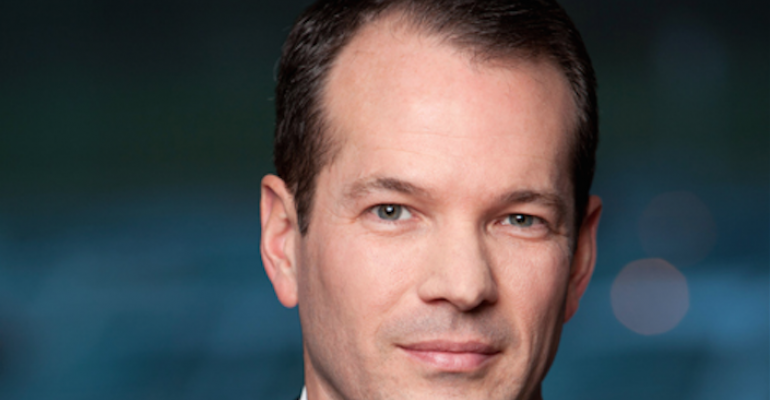The outlook for the future of wealth management continues to change with the evolving complexity of investors’ financial lives and the tools available to them and their advisors. Faced with daunting obligations from retirement planning to educational expenses on one hand and the increasingly central role of technology in our lives on the other, it is no wonder that some investors have begun to look to the providers of automated financial advice – the so-called “robo-advisors” – to help manage their portfolios.
Unfortunately, in a drive for convenience and simplicity, these automated platforms sacrifice holistic capabilities in favor of a one-dimensional service model that effectively reduces the client to an algorithm.
In a sense, turning over an investor’s financial planning needs to a service that focuses on only one aspect of the broader picture – portfolio management – is a lot like asking a gym instructor to perform a client’s annual physical or prescribe medication for a heart condition. A trainer may be great for keeping the client focused on an exercise program, but they are no substitute for an experienced doctor.
As we continue to develop the tools to help Americans meet the financial challenges ahead of them, the ideal wealth management solution will be one that meshes investors’ demand for simplicity, accessibility and transparency with the specialized, holistic advice clients need. Bringing multi-faceted, comprehensive advice to our clients through more tightly-integrated and user-friendly platforms should be our objective, rather than moving toward a fractured or “unbundled” approach.
What is a Wealth Manager?
In simple terms, every investor needs access to wealth management services that incorporate certain basic features. While these criteria will be familiar to most advisors, many clients and emerging advisory platforms seem to undervalue or dismiss these fundamental tenets. A real wealth manager – in other words, one who is actually capable of providing clients with the financial guidance they need to accomplish their goals – is one who:
- Takes a comprehensive, planning-based approach to understanding everything about the client and his or her financial life.
- Collaborates with the clients’ other advisors – including, for example, estate planning attorneys, accountants and others – as part of a team-based approach to accomplishing the client’s goals.
- Provides customized solutions tailored to the client’s specific needs. This, in turn, requires broker-dealers to provide the tools that will enable advisors to “mass customize” solutions, including model-based tools, robust due diligence and comprehensive practice management services, among others.
- Adheres to a fiduciary approach. The client’s needs and interests should always come first, period.
Put simply, wealth management solutions that truly meet the full range of investors’ needs in the future will be those that provide streamlined, responsive access to advice that meets the criteria above – not those that shift clients into a pared-down or unreasonably simplified service model.
Building Wealth Management Models for the Next Ten Years
For broker-dealers, simplifying the delivery of holistic advice for clients means first providing advisors with solutions that integrate and streamline every aspect of their business. Next-generation wealth management platforms will account for the ongoing shift among advisors from commission to fee-based business models by providing integrated workflows and management capabilities for products on both ends of the spectrum, as well as for insurance products and alternative investments. These platforms will reduce the complexity of operating under dual registration and give advisors the flexibility to provide the best solutions for their clients in any given scenario.
Integrating all these features in a single interface will not only make life easier for advisors, but will enable clients to see their own financial picture on a holistic level, as well. By giving clients the accessibility and transparency they expect in our connected world, coupled with a broader, more long-term view of their financial goals and the perspective and responsiveness of an experienced advisor, our industry can remove the barriers that stand between American investors and the comprehensive, planning-oriented advice they need.
Wealth management platforms have come a long way thanks to the evolution of technology and our industry’s ongoing efforts to better serve investors. There is more work to be done, though, to ensure that our clients enjoy the full benefits of a holistic, collaborative and customized approach to wealth management combined with the access and convenience that defines the most successful service models in today’s connected world. The future of wealth management is not in supplying fractured, one-dimensional platforms that only address a small portion of clients’ financial needs, but rather in providing integrated solutions that enhance and streamline investors’ ability to receive comprehensive advice from an experienced financial advisor.





